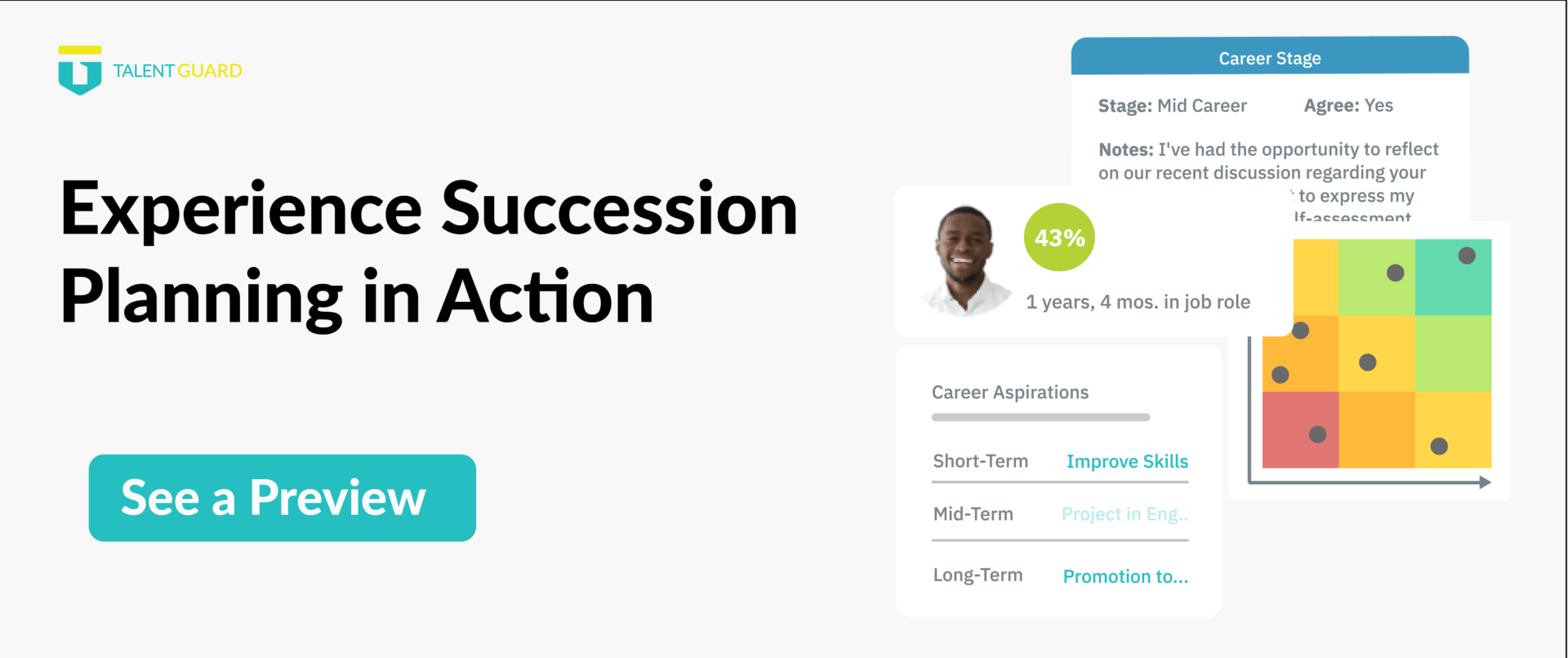Strategic Career Planning for High-Impact Departments

Strategic career planning for high-impact departments is more crucial than ever. It enhances employee satisfaction and retention and align the workforce with the company’s strategic goals. For organizations looking to initiate or revamp their career development efforts, prioritizing departments with the hardest-to-fill roles, highest turnover, and largest employee bases is best. Common starting points include IT, field service, sales, and procurement.
Identifying Strategic Departments for Career Development
- Hardest to Fill Roles
Certain positions in an organization, like those in IT and specialized roles in procurement, often require niche skills in short supply. These roles are critical for maintaining a business’s competitive edge and operational efficiency. Organizations should prioritize these roles in their career development programs to ensure a steady pipeline of qualified candidates. Tailored training programs, upskilling opportunities, and clear career progression paths can make these roles less daunting for potential candidates and current employees. - Highest Turnover Roles
High turnover roles, often seen in field services and sales positions, can significantly disrupt business continuity and incur high costs in continual recruitment and training. A focused career development program can help address the root causes of high turnover, including job dissatisfaction, lack of advancement opportunities, or misalignment with job expectations. Implementing mentoring programs, career mapping, and regular feedback sessions can enhance job satisfaction and retention rates. - Roles with the Most Employees
Departments with many employees, such as customer service or administrative support, can greatly benefit from structured career development programs. These programs can foster a sense of progress and motivation among employees, potentially leading to improved performance across the board. By offering scalable development opportunities like digital training modules and leadership workshops, companies can ensure that their largest employee groups are more skilled and engaged.
Why Start with IT, Field Service, Sales, and Procurement?
- Rate of Digital Transformation
The digital transformation sweeping through every industry necessitates a workforce that is proficient in digital skills. IT departments are at the forefront of this transformation, constantly requiring new skills to handle evolving technologies. Similarly, digital skills are becoming crucial in sales, field service, and procurement to streamline processes and improve efficiencies through technological solutions. - Development of Soft Skills
Beyond technical expertise, soft skills like problem-solving, communication, and leadership are increasingly vital. Sales and field service roles, where interpersonal interactions are frequent, particularly benefit from enhanced soft skills. Training programs focusing on these skills can significantly improve customer interactions and operational efficiencies, directly impacting the bottom line.
Implementing Strategic Career Development Programs by Department
For organizations looking to implement or enhance their strategic career development programs, here are a few steps to consider:
- Conduct Skills Gap Analyses: Regularly assess the skills required in key roles and identify gaps that can be addressed through targeted training initiatives.
- Customize Learning Pathways: Develop tailored learning experiences that accommodate individual career goals and company needs, thus maximizing engagement and effectiveness.
- Leverage Technology: Utilize digital platforms for training delivery to ensure accessibility and scalability, which is especially important for organizations with large numbers of employees.
- Foster a Learning Culture: Encourage a company-wide culture that values continuous learning, where career development is recognized as a pathway to personal and organizational success.
Launching strategic career planning for high-impact departments can significantly impact an organization’s stability and growth. Companies can enhance overall productivity and employee satisfaction. By focusing on the departments with the most critical needs—those with difficult-to-fill positions, high turnover, and large employee bases–organizations make an immediate impact on engagement. Starting with departments like IT, field service, sales, and procurement allows organizations to align their workforce development with broader digital transformation goals, ensuring they remain competitive in a dynamic business environment.
See a preview of TalentGuard’s platform
Effective Succession Planning and Career Pathing
The importance of effective succession planning and career pathing is imperative in our economy. However, many organizations struggle to effectively manage their talent due to limited data visibility and inadequate tools for talent identification. This lack of insight hinders the organization’s ability to respond swiftly to business challenges and leaves employees feeling frustrated and undervalued. […]
A New Skills Taxonomy for Talent Management
As organizations strive to stay ahead in the competitive landscape, integrating a new skills taxonomy into talent management processes is a pivotal transformation. However, this endeavor is often resisted, particularly by HR professionals who fear the perceived implementation challenges. This blog post will explore the change management processes required to successfully introduce a new taxonomy, […]
Personalized and Targeted Career Growth
The traditional one-size-fits-all approach to talent management no longer suffices. Organizations must recognize and adapt to the individual needs of their employees, empowering them to take charge of their career paths. TalentGuard is at the forefront of this transformative wave with personalized and targeted career growth. Our self-serve talent solution is designed to help employees […]




